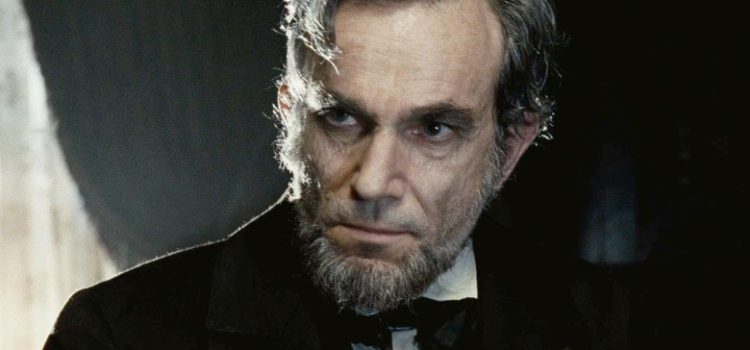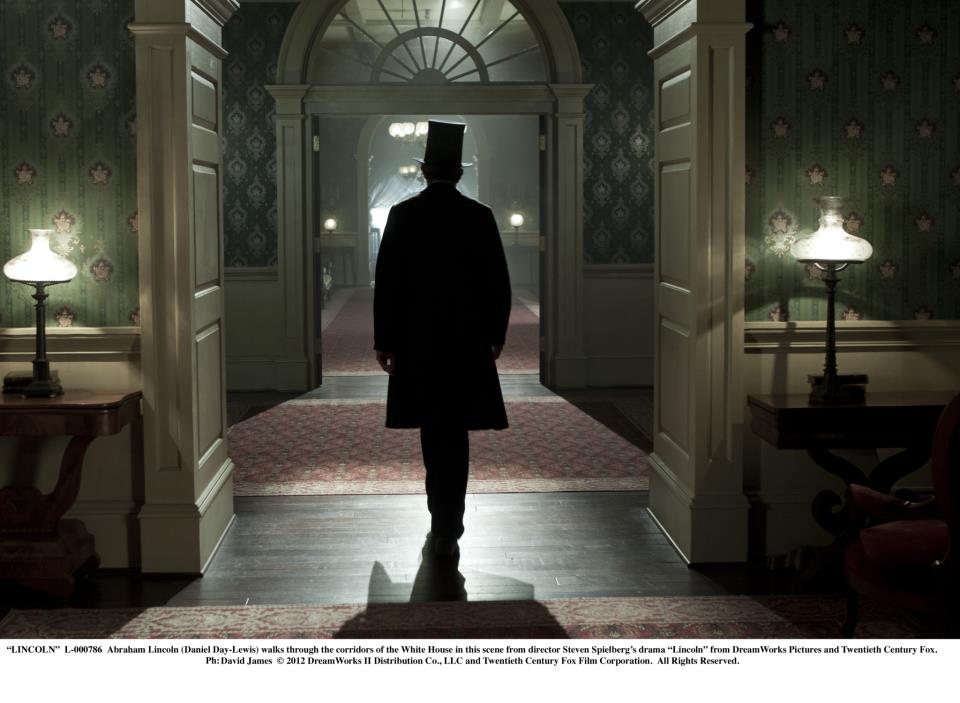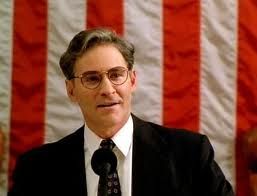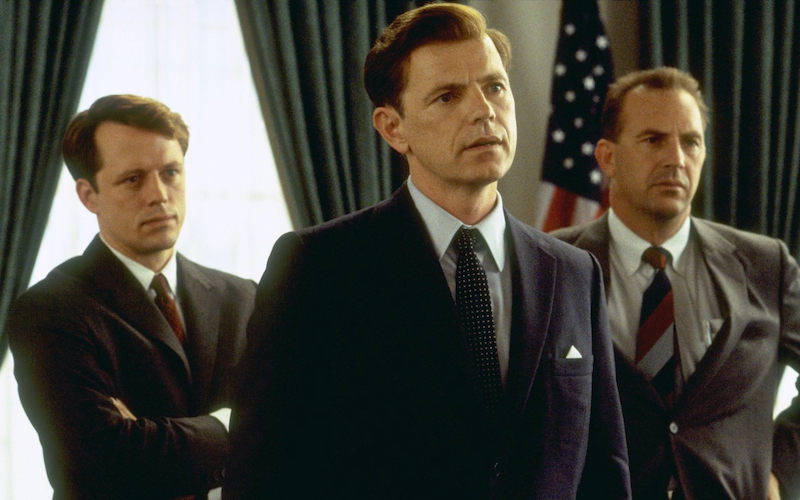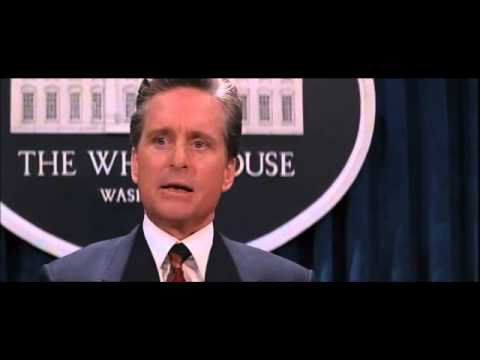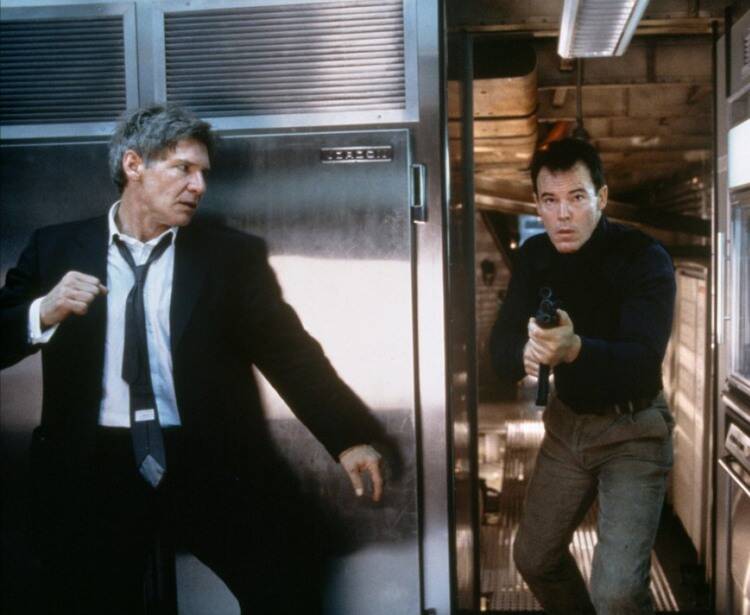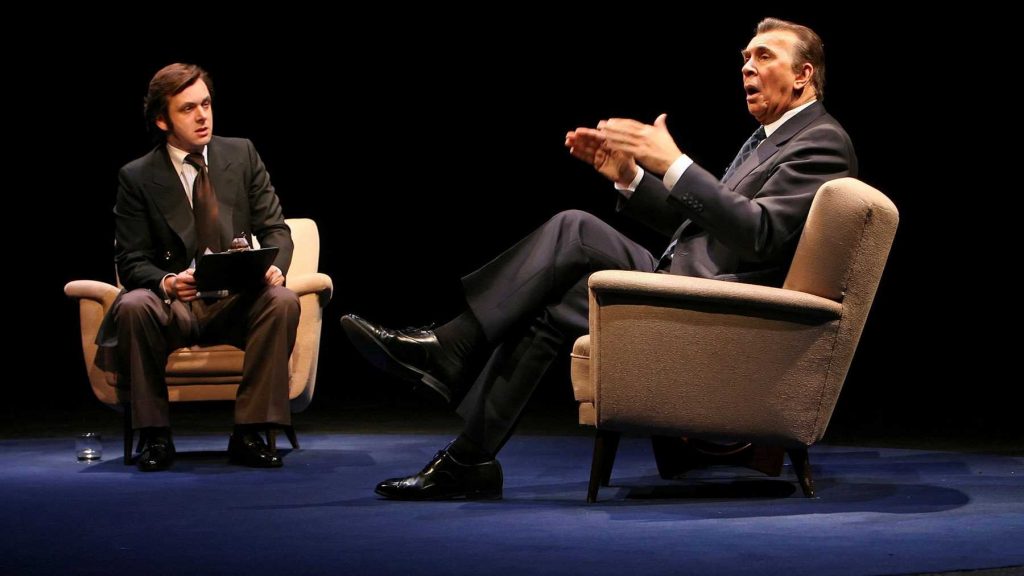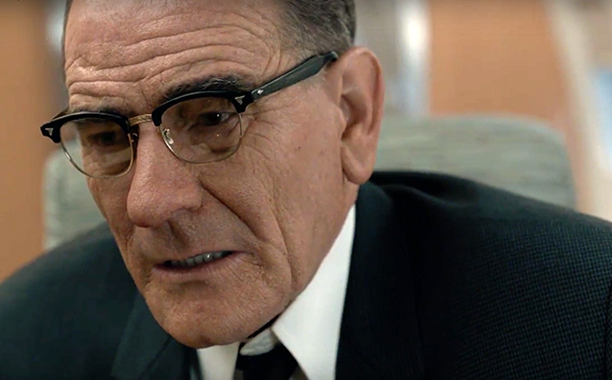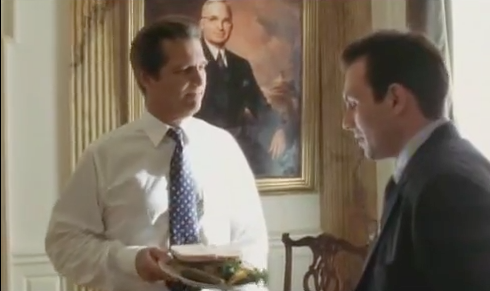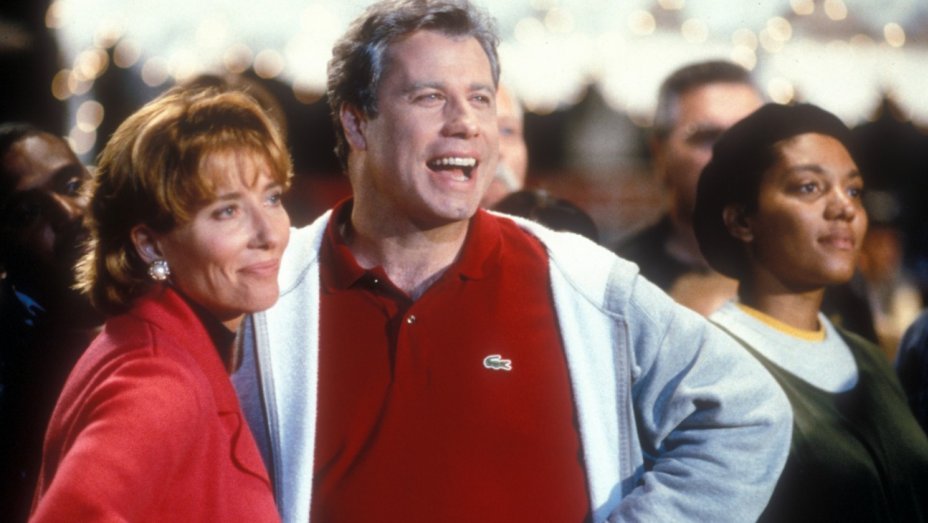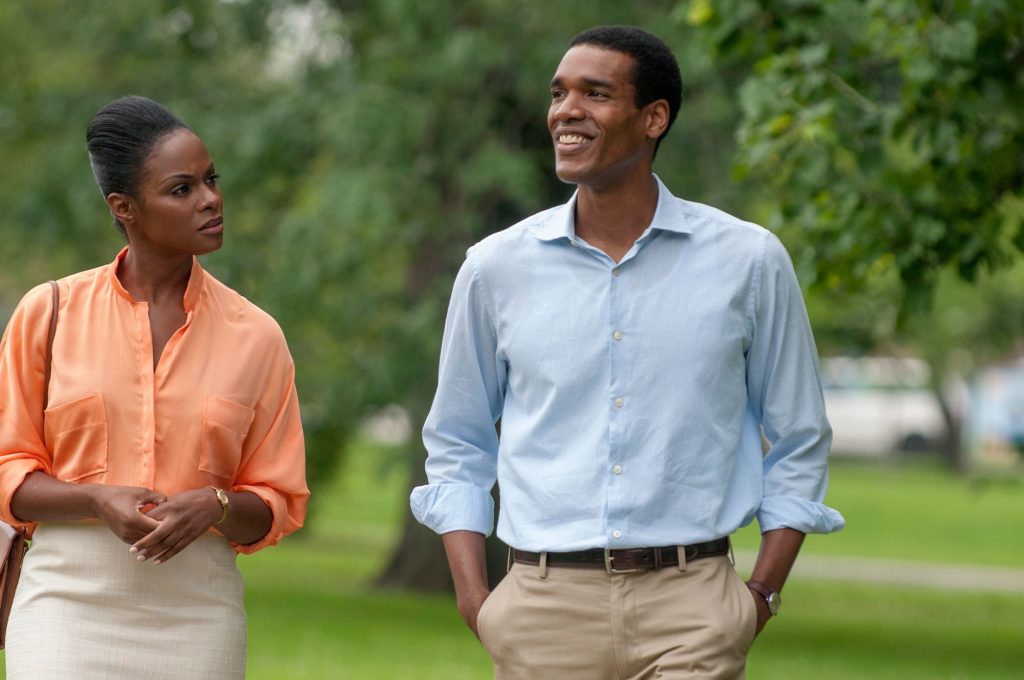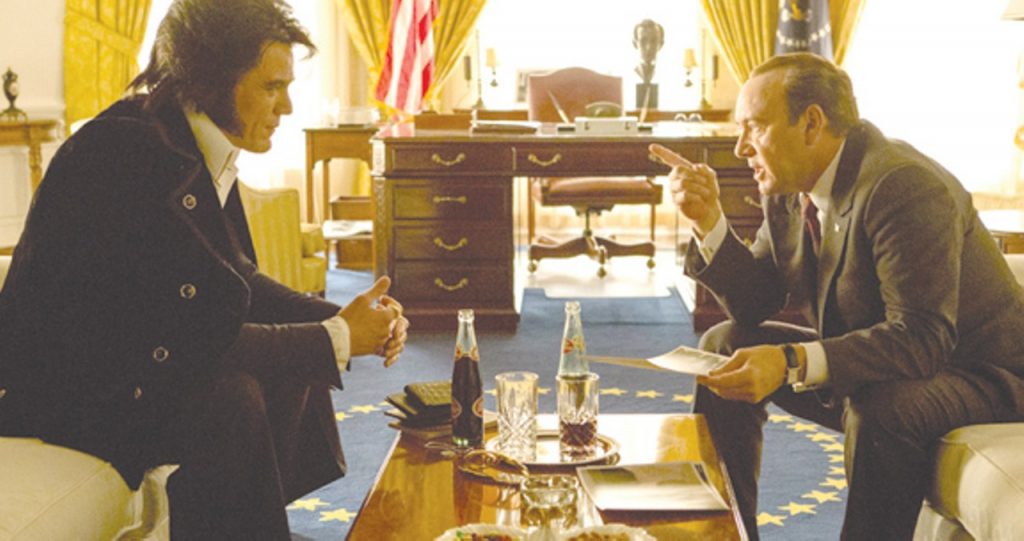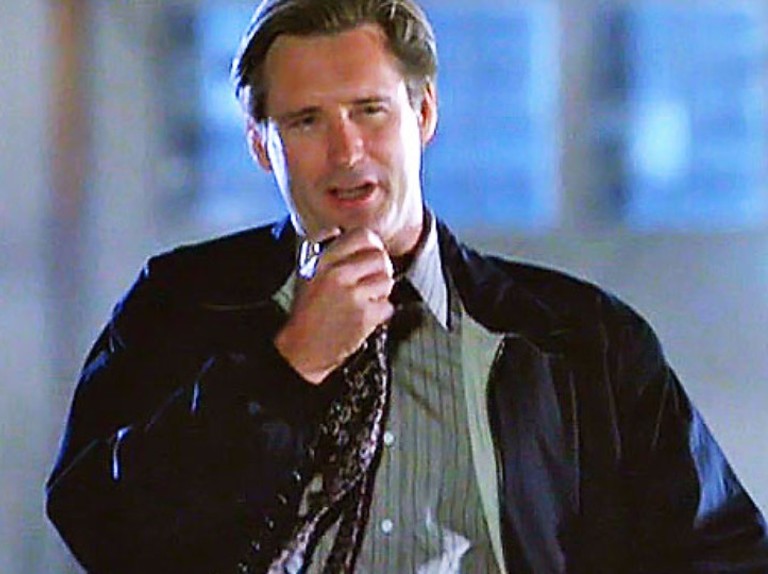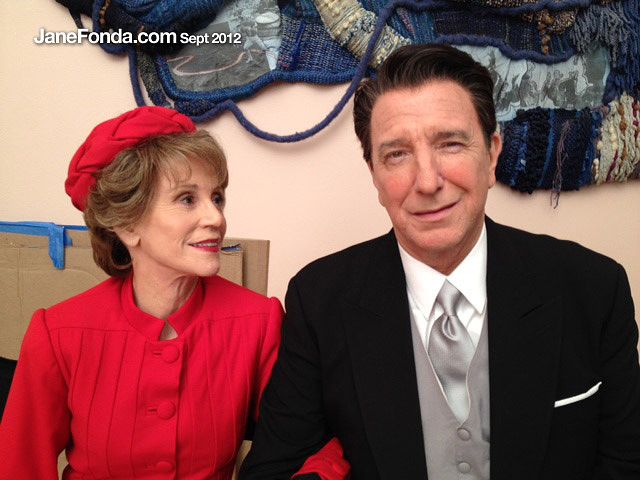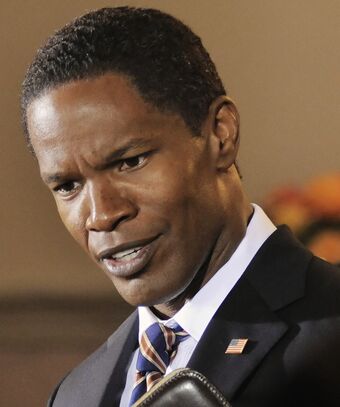By Stephe Raven
Writer’s block. Hmm. Many of us have experienced this when under a deadline. And our heroine Elly Conway (Bryce Dallas Howard) starts off with it. She writes a popular espionage series whose main character is secret agent Argylle (Henry Cavill), who manages to solve mysteries and not get a hair out of place. He is the perfect James Bond type, always suave and gentlemanly.
The action thriller begins with Argylle and his trusty sidekick, goofily played by John Cena, trying to take down a sinister underground syndicate. Annnd cut! In reality, Elly has read a passage at a bookstore. She has a legion of fans who adore her four novels, and she seems taken aback by that. A recluse, she spends her evenings with her fluffy cat Alfie, and seems content with her very simple life, living through her books.
After completing her fifth in the series, she sends the manuscript to her mom (Catherine O’Hara) who advises that it needs to be punched up, and why not come for the weekend so they can brainstorm. Headed there on a train, Elly is disturbed by a scruffy ruffian (Sam Rockwell) who shocks her by saying her books are actually setting off real-life events. Despite her disbelief, he saves her from would-be assassins, and whisks her out of the country. Thus begins her real-life wild ride.
The twists and turns keep coming as Elly discovers that her fictional world is not so make-believe after all.. When she’s in a precarious situation, she calls on Argylle, who gives her sage advice. Some of it is so corny, you have to laugh.
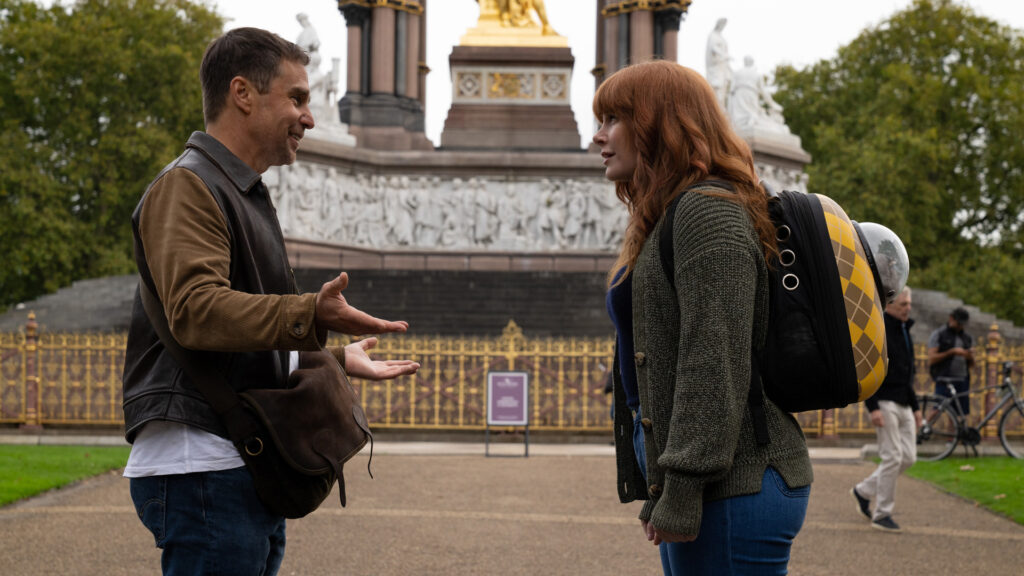
This turn of events introduces more colorful characters, and it’s an all-star list of actors. Bryan Cranston plays Director Ritter, the head of a covert agency called the Division; singer Dua Lipa plays a seductive femme fatale named LaGrange, and Ariana DeBose is a tech-savvy ally, Agent Keira. Also in support are Samuel L. Jackson, Richard E. Grant and Sofia Boutella.
British director Matthew Vaughn, whose credits include “Kingsman: The Secret Service” in 2014, its sequel “Kingsman: The Golden Circle” in 2017, and its prequel, “The King’s Man” in 2021. He also helmed “X-Men: First Class” and “Kick-Ass,” so he knows how to imaginatively stage action scenes and uses humor effectively. The choreography for the smoke fight scene is especially impressive.
Screenwriter Jason Fuchs (“Wonder Woman”) pokes fun at the spy genre and its tropes, therefore the movie doesn’t take itself too seriously. The cast appears to be having fun with their roles, deftly delivering witty and memorable lines.
Come for the fun, stay for its unpredictability. And do not miss the extra scene at the end, for it nicely sets up a sequel, which I hope happens. This is the kind of enjoyable mainstream movie that engages for a few hours on a winter’s day, providing a few good laughs along the way!
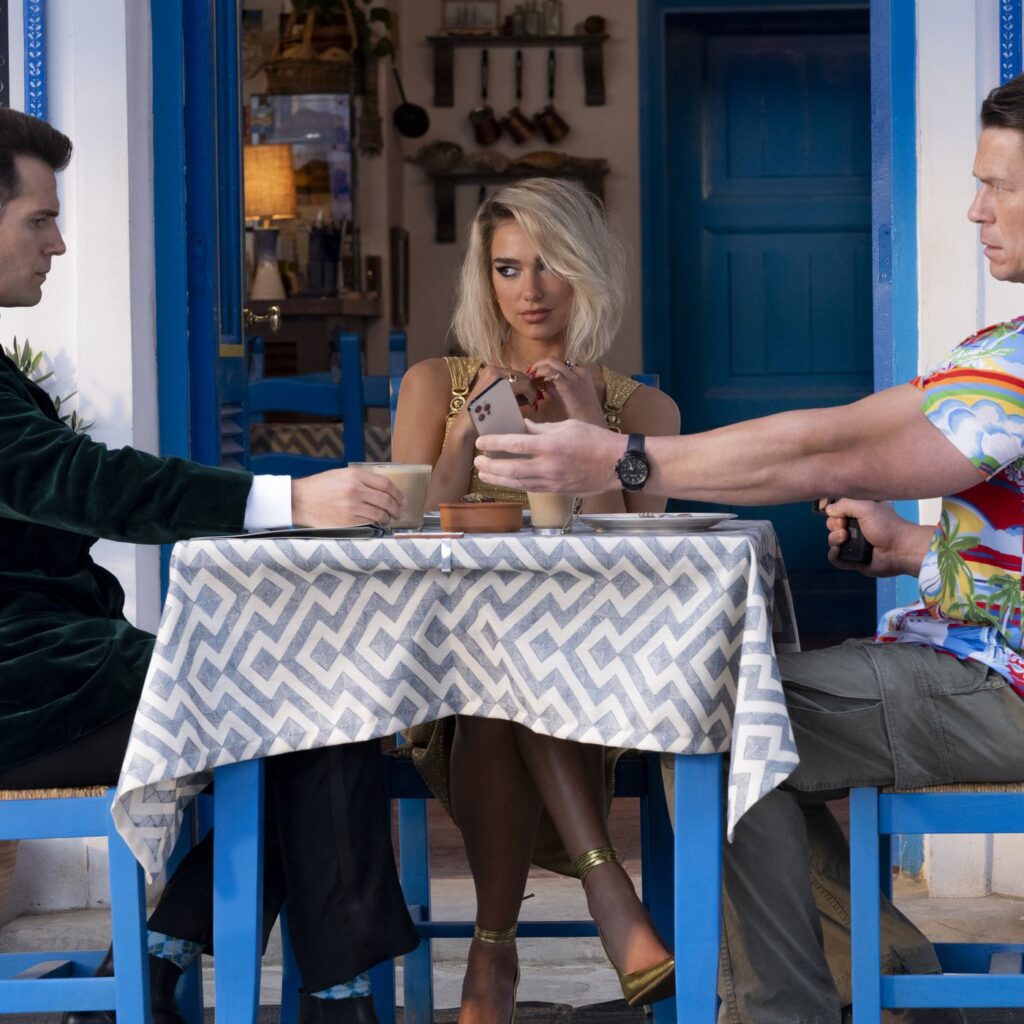
“Argylle” is a 2024 action-thriller directed by Matthew Vaughn and starring Henry Cavill, Bryce Dallas Howard, Sam Rockwell, Bryan Cranston, John Cena, Ariana DeBose, Dua Lipa, Samuel L. Jackson, Sofia Boutella, Richard E. Grant, Rob Delaney and Catherine O’Hara. It is Rated PG-13 for strong violence and action and some strong language and the run-time is 2 hours, 19 minutes. It opens Feb. 2 in local theatres. Stephe’s Grade: C+
Raven has been writing reviews since her high school newspaper was silly enough to give her space! She continues to write for various outlets as well as guest reviews on radio and podcasts everywhere. She calls the Twin Cities as home, where she wrangles her annoyed cat daily.


